News
Tinubu’s 50% transport reduction scheme may begin Tuesday
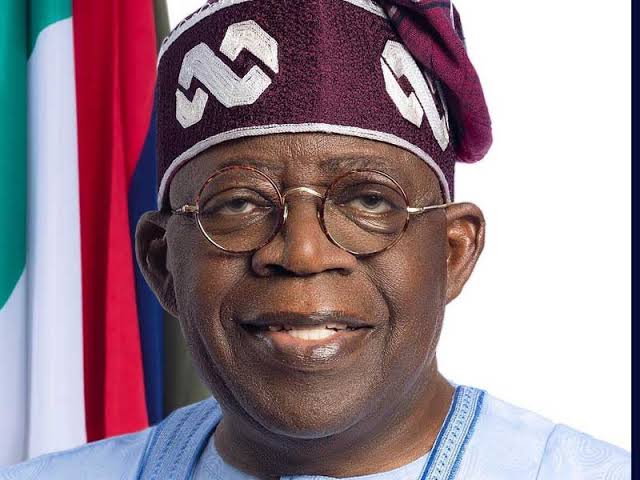
The proposed 50 per cent interstate transport fare price slash by the Federal Government, initially planned to commence on December 20, 2024, may now begin on December 24, The PUNCH reports.
The slash is targeted at cushioning high transport costs during the Yuletide.
Recall that the Federal Government through the Ministry of Transportation last Thursday announced that it had agreed with stakeholders in the road transport sector to support Nigerians who will be travelling during the Yuletide.
The government said it would pay 50 per cent of their transport fare of the travellers, as it commenced free rail transportation for citizens on December 20, 2024.
This gesture, according to the Director of Press and Public Relations, Federal Ministry of Transportation, Olujimi Oyetomi, was part of a broader effort of President Bola Tinubu to provide transportation palliatives for Nigerians celebrating the Christmas and New Year.
Oyeyemi said the agreement was signed between the Federal Government and key transport stakeholders, including; the National Union of Road Transport Workers, the Road Transport Employers Association of Nigeria, and the Association of Luxurious Bus Owners of Nigeria, among others.
The ministry’s publicist explained that in the arrangement, passengers departing from Abuja and Lagos (Oshodi) to various destinations across the country would pay only half the usual fare.
On Sunday, one of our correspondents gathered that the 50 per cent road price slash would have started on December 20, but did not due to some issues with documentation which are currently being resolved.
A senior official in the transportation ministry who spoke in confidence due to lack of authorisation to speak on the matter stated that while the rail was targeted at lifting 340,000 Nigerians during and after the Yuletide, information on the road transportation gesture remained sketchy.
“The minister will most likely unveil the scheme tomorrow (Monday) at the Eagles Square and detailed information on the development will be given accordingly.
“We were supposed to commence on the (December) 20th but for some imperfection. By God’s grace, it should commence on Tuesday. But the MoU and others have been adequately signed.”
When contacted, the Chief Executive Officer of God is Good Motors, Enahoro Ekhae, confirmed signing the MoU, but noted that the scheme had yet to start.
“Yes, we indeed signed an MoU but we are yet to start the implementation,” he said.
When asked about the reason for the delay he replied, “It is the government that can tell that. We as GIGM, will commence once we agree with the government to start.”
Meanwhile it was gathered from the Federal Ministry of Finance on Sunday that the initiative was delayed due to funding challenges.
The programme, which was expected to commence on December 20, had been stalled as transport unions await payments promised under the scheme.
Impeccable sources at the finance ministry told one of our correspondents that efforts to secure funds from the were ongoing, with stakeholders optimistic about a resolution in the coming days.
The initiative, which aims to provide subsidised transportation through partnerships with transport unions, was to commence at the Eagle Square in Abuja but failed to take off.
“We have signed the MoU, but the thing is that the minister is of the opinion that the transport unions ought to get their money before they start so that we can have accurate records,” a source at the finance ministry stated
“The thing is that the transportation minister has been going to the finance ministry to get the money, which includes that of the rail.”
While the rail component of the initiative continues because it is exclusively managed by the Federal Government, road transport remains stalled due to the absence of government-owned buses.
“The route involves transportation unions. The Federal Government does not have buses that it can put out to run the show. We want the transport unions to take ownership and run. Account for the money that is given to you because we have some monitoring instruments,” the source explained.
Despite efforts to secure funds, the process has been slow. “He (the minister) has been going to finance. He couldn’t get the money So, that’s why we couldn’t start.”
The plan includes a payment of 50 per cent of an agreed average fare to transport unions for each route, covering road trips from Abuja to state capitals, and from Oshodi in Lagos to other destinations.
“The government is supposed to pay the transport unions 50 per cent of the average that we already arrived at for each of the routes,” the source clarified.
However, no funds have been disbursed yet, leaving transport unions unable to mobilise. “All transport unions that we signed the MOU with will have to bring vehicles to Eagle Square. So nobody has been given money yet. And therefore, everybody has been asked to be on hold.”
The source expressed hope that the issue would be resolved swiftly. “I want to believe that as early as possible tomorrow (Monday) morning, the minister will be on the neck of the Minister of Finance. And the finance minister would have bought into it, because it’s a directive from the President. And they will see how that money can come out. And then, they will begin.”
Credit: PUNCH
News
JUST IN: Rivers Sole Administrator Ibas Shun Reps Panel
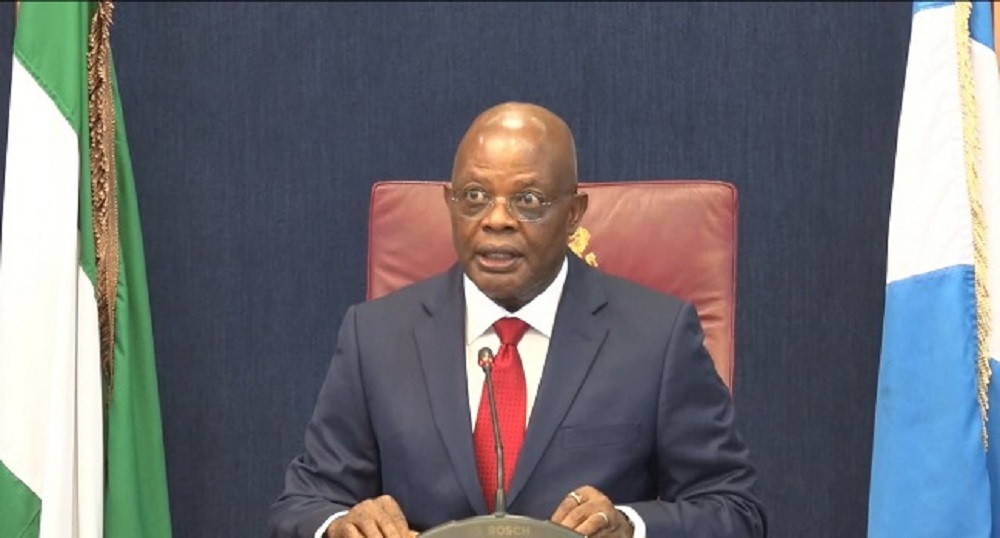
News
FCT Flags Off One-Week Free Holiday Vocational and Entrepreneurship Training
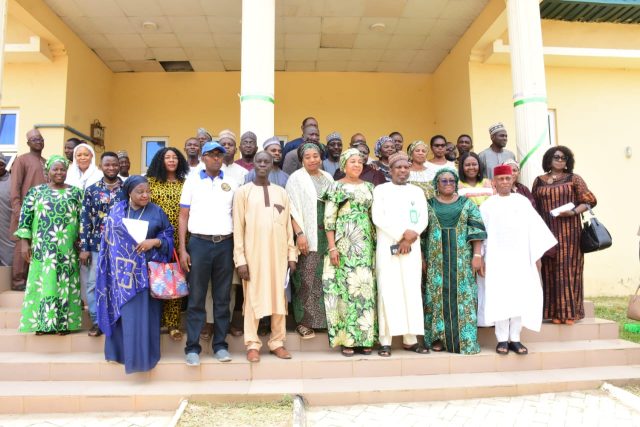
In a move to foster skills acquisition and promote economic empowerment, the Federal Capital Territory (FCT) Education Secretariat through the Department of Mass Education has flagged off a one-week free holiday vocational and entrepreneurship training program.
The program is a collaborative initiative of the FCT Department of Mass Education, The Potter’s Wheel Foundation, and the Nigerian Non-Governmental Association for Literacy Support Services (NOGALSS).
Speaking at the flag-off ceremony, the FCT Mandate Secretary for Education, Dr. Danlami Hayyo emphasized the Importance of skills acquisition and entrepreneurship in today’s world describing it as imperative to be self reliant , empowered and resourceful.
He highlighted the Wike- led FCT Administration’s commitment to championing the Renewed Hope Agenda adding that the initiative is a critical strategy for reducing unemployment and building resilience among Abuja residents through practical skill acquisition and entrepreneurship training.
He commended the Department on the synergy between the government and non-governmental organizations noting that it will further empower the people of the FCT with skills and knowledge that lead to viable income-generating opportunities.
He urged the participants to fully utilize the opportunity, network actively and apply themselves diligently to the various training sessions.
In her welcome address,Dr. Favour Edem -Nse,the Director, FCT Department of Mass Education said,the training aligns with Sustainable Development Goals ( SDGs) and contributes significantly to reducing the number of out- of- school children, unskilled youths and unemployed women in the Federal Capital Territory.
She added that, the Department goal is not just to train but to guide participants towards becoming self – sufficient and successful entrepreneurs .
She noted that the one week free training program is a manifestation of the Department ‘s broader vision of literacy and lifelong learning.
She revealed that the Department in collaboration with The Potter’s Wheel Foundation and the Nigerian Non- Governmental Association for Literacy Support Services( NOGALSS) will train them hands on session in production of laundry soap,bleach , liquid soap, toilet and car wash , disinfectant,air freshener,snack among others as well as key entrepreneurship modules on Bookkeeping and financial management, marketing and branding with social media management.
She expressed her gratitude to the Mandate Secretary for Education and the Management for the massive support of the life changing opportunity program targeted at women,youths, children and other community residents to equip them with tools for economic self reliance .
The well attended program which drew partner organizations, staff of the Department of Mass Education and enthusiastic participants will run throughout the week with facilitators providing continued support beyond the training period.
News
Sad! Electrician electrocuted in Oyo
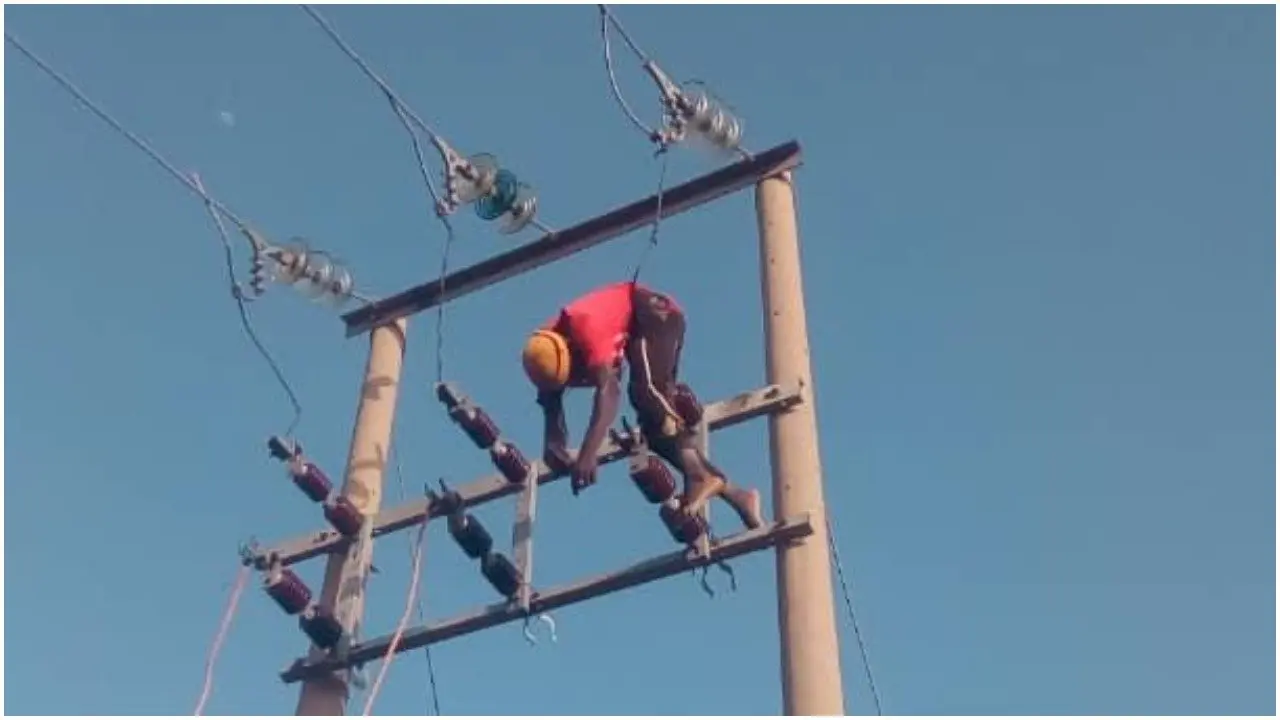
A 28-year-old electrician, whose name has not been revealed, has been electrocuted in Oyo State at Eruwa in Ibarapa East of Oyo State.
The victim was electrocuted at the Odo Babaode area of the town.
The man was electrocuted on a high-tension cable belonging to the Ibadan Electricity Distribution Company (IBEDC).
The incident occurred when the victim was trying to rectify an electrical fault on the active power lines without being shut down from the feeder.
The General Manager of Oyo State Fire Service, Mr Yemi Akinyinka, who confirmed the development, said a distress call was received by the agency Wednesday afternoon.
He said, “The distressed call was reported at 15:29hrs on Wednesday, 23rd April, 2025.
“The fire personnel led by PFS1 Peluola Babatunde quickly followed the caller and on arrival at the place, we met the victim already electrocuted, and all necessary precautionary measures were observed so as to safeguard the citizens within the vicinity.
“The man was recovered and handed over to a team of police from Eruwa police Station. The incident occurred when the victim (electrician) was trying to rectify an electrical fault on the active power lines without shutting down the feeder.”
-
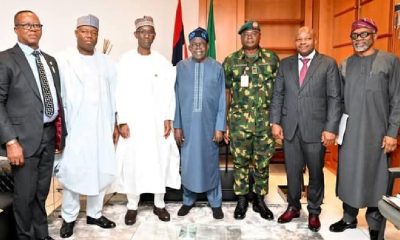
 News21 hours ago
News21 hours agoINSECURITY! Enough is enough, Tinubu tells security chiefs, NSA
-

 News21 hours ago
News21 hours agoJust in: Air Peace suspends all scheduled flights nationwide
-

 News21 hours ago
News21 hours agoINEC moves to legalise voting without PVC
-

 News17 hours ago
News17 hours agoJust in: PDP can never die over gale of defection -Hon Teejay Yusuf insists
-

 Economy12 hours ago
Economy12 hours agoSEE current exchange rate of the Dollar to Naira
-

 News10 hours ago
News10 hours agoJUST IN: Rivers Sole Administrator Ibas Shun Reps Panel
-
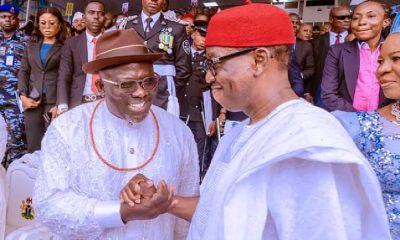
 Politics21 hours ago
Politics21 hours agoFCT minister, Wike, Uzodinma hail Okowa/Oborevwori defection to APC
-
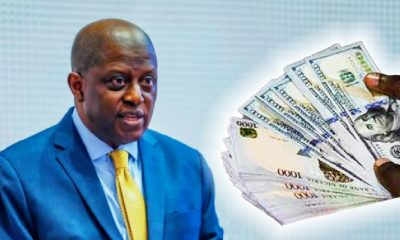
 Opinion19 hours ago
Opinion19 hours agoCBN under Cardoso and $6.83 Billion balance of payments surplus in 2024 that signals economic resurgence
















